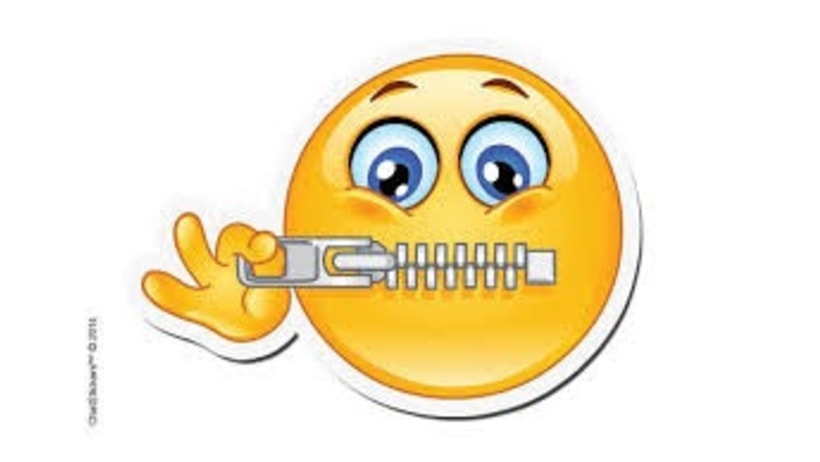Oasis Songs: Musings from Rav D
Friday, August 23, 2019 / 22 Av 5779
Summary: Many congregants have been disturbed by national news. Some have shared how hurt they were to have their loyalty as Jews called in to question. This is one attempt to address those concerns.
How should we respond to a world enflamed with toxic rhetoric aimed at sowing division? Is there a particularly Jewish way to carry ourselves in an age of debased discourse? When and in what manner ought we respond to statements that disturb us? In the political realm, we can witness many different ways people react to a time of bitterness, so there are no answers lacking in that arena. Indeed, we can find a smorgasbord of options.

In the psychological and spiritual realms, however, it is harder to identify a stance. For how we choose to respond and behave in such a time defines who we are, or at least who we aspire to be. Sometimes, my mind turns to the remarkable heroes of the Shoah, the Holocaust. In the most depraved of conditions, we have records of people who chose the moral courage to live with dignity and to maintain the purity of their souls. How did they manage to do so?
The best we can offer are conjectures; so many people were impacted, that we ought to respect their individual pathways to nobility (not a word or a character that is discussed much anymore) and not imagine that we can find singular answers. Nonetheless, there was one teacher of Torah who labored in the decades before the Holocaust and had an outsized influence on European Jewish culture. He founded numerous institutes of Jewish learning. In addition to being one of the most accomplished legal scholars of his age, he was renowned for his remarkable humility. It would be hard to overstate his influence on the generation of the Shoah.
Fueled by his learning, his personhood, and the societal behaviors he observed, he gathered together long-neglected teachings and laws from the tradition. He combined them into a revolutionary book on a topic that had never been treated comprehensively before—the laws of gossip and proper speech etiquette.
I am speaking, of course, of Rabbi Israel Meir Kagan Poupko, best known for his magnum opus, the Chofetz Chayim. Like any successful revolutionary, it is difficult to imagine what the Jewish intellectual and cultural world looked like before him. Any child who has been exposed to Jewish learning is familiar with “lashon hara”—improper speech. Yet although the laws against gossip and coarse speech are embedded in the Torah, before the Chofetz Chayim, this was not a topic that was routinely discussed. Certainly, lashon hara was not the near-universal term that it is today.
When my family was in NY visiting family, we wanted our boys to see a very traditional Orthodox neighborhood. For us that mean Boro Park in Brookly, and entailed a trip to Eichler’s, which is a large Jewish bookstore, followed by a kosher burger joint. I was looking for a new book to learn from. Instead, I purchased a beautifully printed edition of the Chofetz Chayim and Shmirat HaLashon (Guard Your Tongue). While the first book focused on the laws of gossip, the latter speaks of the ethics of proper speech, and how mindful speech can change us.
In the tenth chapter, the Chofetz Chayim offers us a powerful image of speech. Drawing on older sources, he compares speech to the tools of an artist or craftsperson. Clearly, some artists have greater skill than others. Yet even the most skillful artist depends on proper tools. Without those tools, their art would suffer if not become outright impossible.
Implicit in this is an understanding that the greatest work a human being can achieve is themselves. And the basic tool that shapes and forms us is speech. Speech is the outward reflection of our thinking. It demonstrates our judgement, our kindness, our focus. Elevated speech, in other words, creates an elevated soul. Debased speech limits us, regardless of whatever other gifts we may have.
This returns us to the notion of nobility of character. We tend not to speak about nobility anymore. I am not even sure it is a character trait we respect. Some of that probably stems out of our generation’s love of informality. In previous eras, nobility of character, speech and thought was sometimes tied with a form of manners that seems stilted to us today. As though such a person isn’t genuine. Yet this may be a case of throwing the baby out with the bathwater. It ought to be possible to foster nobility at the same time that we nurture our authenticity and strive to be down to earth.
We have limited control over the world, over our politicians, the environment or even how others behave in internet chatrooms. We are obligated, nonetheless, to use the power we do have to shift the world on a better course. Without a doubt, part of that obligation includes how we speak to one another. But more than that, the Chofetz Chayim reminds us that our speech is the defining tool for who we are—and who we might become.
Shabbat shalom,
Rav D
Shabbat Table Talk
- Who do you want to be? How will you get there?
- Can you recall a time when your speech changed both you and those around you?
- Is speech abstract or real? Can it change the world?
If you’d like to continue this discussion, follow this link to CNS’s Facebook page to share your own perspectives on the topics raised in this week’s Oasis Songs. Comments will be moderated as necessary.



